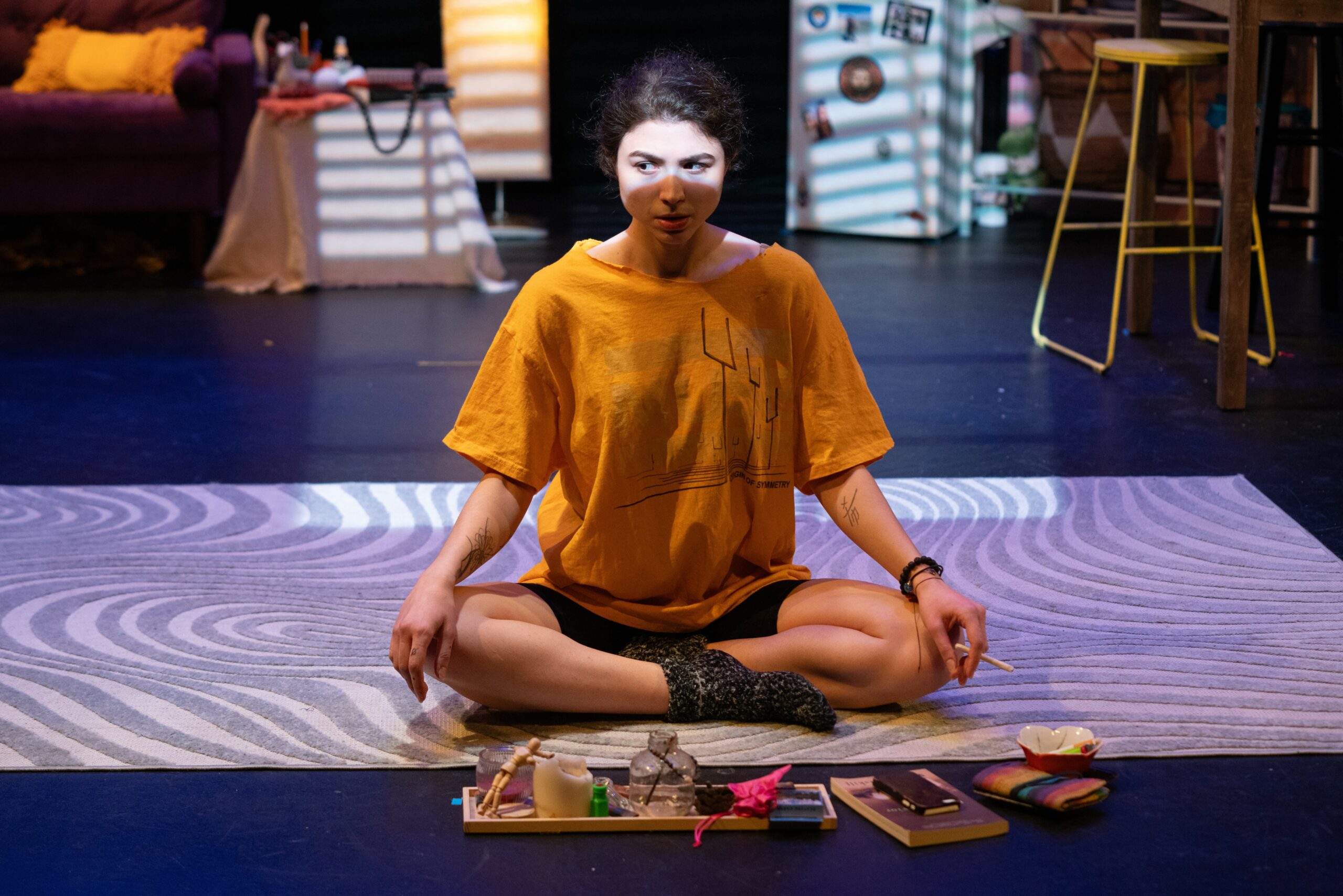Alright – so today we’ve got the honor of introducing you to Maria Müller. We think you’ll enjoy our conversation, we’ve shared it below.
Maria, appreciate you making time for us and sharing your wisdom with the community. So many of us go through similar pain points throughout our journeys and so hearing about how others overcame obstacles can be helpful. One of those struggles is keeping creativity alive despite all the stresses, challenges and problems we might be dealing with. How do you keep your creativity alive?
As many things are, creativity is a muscle. The more you train it, the stronger it gets. But training your creativity can happen in a lot of ways. I consider content consumption and content generation to be equally important. If I spend too long producing art but not intaking any, I start to feel bored of my own choices. Similarly, if I spend too long absorbing but not enough generating, I feel restless – like I have a lot inside of me and it can overflow at any moment. I go watch as much theater and as many movies as I can (not as much TV as I’d like, but oh well!), while also taking note of what works and what doesn’t. I’m a very active audience member. I enjoy watching things that I like and things that I don’t like, because I learn an equal amount from both. Bad art actually doesn’t bother me as much as lazy art does.
And then in terms of generating, I have been fostering an environment in which I cannot NOT be creative. I made sure to surround myself with people who do what I do and who hold me accountable, even during times when I don’t feel like I have it in me. In fact, some of my most sincere art was generated during those periods.
Whether it is from a deep desire to connect, from a shared sense of community or from a worry of disappointing, I always show up to create with these people and open myself up to their genius.
Let’s take a small detour – maybe you can share a bit about yourself before we dive back into some of the other questions we had for you?
I act, I write, I produce, and I run my own theater company. The themes of my work have ranged from immigration to mental health to sexual freedom to women’s rights. In general, I am more interested in content than in form, but I do tend to prefer realism over experimental material.
Even though I get cast in drama more than in comedy, some of my biggest inspirations are comedians, because they are some of the boldest and bravest creators, which are two things I want to always be.
I believe that artists should be allowed to explore and be bad and find the limitations that are keeping them from growing in the direction they want to grow in. I am very particular about reinventing myself and nuancing my work deeper and deeper with every performance. There is a lot of content in the world, and I want to always be intentional about what I put out there, and where it fits in the overall context of our industry.
A lot of the work I generate relates to my identity in some form or another, but if the production I get cast in (be it theater or film) doesn’t speak to themes that are familiar to me, I make it my goal to do justice to the character I’m playing and to make sure I’m not misrepresenting them.
I recently closed a show called Plasters, written and directed by Emma Tadmor at The Flea. Currently, I’m in another one called Until Dark, written and directed by Federica Borlenghi, at Out of the Box Theatrics. Both of these characters have provided me with great insight on themes such as dysfunctional relationships, unrequited love, sexual abuse, and mental health. I am deeply grateful to the directors who have allowed me to (re)discover myself in these two women and bring them closer to my heart.
In terms of film, No Tomorrow, a war feature shot primarily in Norway, is being finished as we speak. The film has already been accepted to Queens World Film Festival, the first one it was submitted to. The character I play in it, Alicia, is a crucial part of the story and yet, we only ever hear her voice. She has given me a tremendous lesson on empathy, strength, and what it looks like to be soft in times of extreme distress.
Looking back, what do you think were the three qualities, skills, or areas of knowledge that were most impactful in your journey? What advice do you have for folks who are early in their journey in terms of how they can best develop or improve on these?
I’m not the first one to say and I won’t be the last, but patience is of utmost importance in this industry. Patience is useful in everything I do – from waiting for films to go through post-production for months on end, to waiting for funding and opportunities I applied for only to find out I didn’t get them, to waiting for rehearsal/shoot schedules that affect my calendar significantly but are almost always out of my control etc. Now, patience does NOT imply idleness. There are many things one can’t do anything about, but there are also so many things one CAN do something about – I’m in complete control of how I show up to my craft, how I show up for collaborators, how much thought and work I put into my materials, how prepared I am for an audition, how well I maintain relationships etc.
On top of patience, another important P is perseverance. I haven’t met a theatermaker or a filmmaker who believes perseverance is not crucial. The rejection creators in this field experience is so high, I sometimes don’t know how we continue to do it. Theater and film are equally some of the most rewarding and discouraging industries to be a part of. Rewarding because there is nothing better than having a piece of art you created resonate with someone. Discouraging because they are extremely subjective and therefore, easy to criticize. Even the most well executed film or show will have at least some audiences dislike it or disagree with it. And that is both beautiful and terrifying! But without perseverance in the face of all that, there can be no progress.
Lastly, I think connection is vital. People. Want. To. Connect! Genuinely. And that means connecting to audiences and bringing them truthful stories that they see themselves in, but also connecting to other collaborators. More than half of the projects I’ve worked on do not come from booking auditions, but from being recommended by peers to other peers. I find strength in community and I get a lot of my stamina from connecting to others and finding my people. Communities are endlessly rewarding and I like to believe I take great care of my relationships within them – by showing up for people, by supporting their work, by listening to their stories.
Looking back over the past 12 months or so, what do you think has been your biggest area of improvement or growth?
I have been lucky enough to work on a lot of projects these past 12 months – two feature films and several shorts, two plays, one theater conference I was a speaker for, two galas, and various educational events. While I did not “play a role” in all of these, I did try to find a different part of myself for each one.
I sometimes get bored of my artistic choices, so I challenged myself to go beyond what felt comfortable. This has been made easier in part by different directors’ styles, for example, who have pushed me to discover parts of myself I didn’t know I had. But it has also been made possible by my desire to go a layer deeper, go against my first impulse, and lead with different parts of myself in every process, while still staying true to who I am and to what feels right. Being open and genuine is important to me, so I tried to understand what I can explore and to what extent before feeling inauthentic.
As always, my characters and my projects help me better understand who I am as a person, so I am deeply grateful to everyone who has allowed me to do that in safe spaces and within safe parameters.
Contact Info:
- Website: www.marialuizamuller.com
- Instagram: https://www.instagram.com/mmaarriiaamuller/
- Other: IMDb: https://www.imdb.com/name/nm8310801/?ref_=fn_al_nm_1
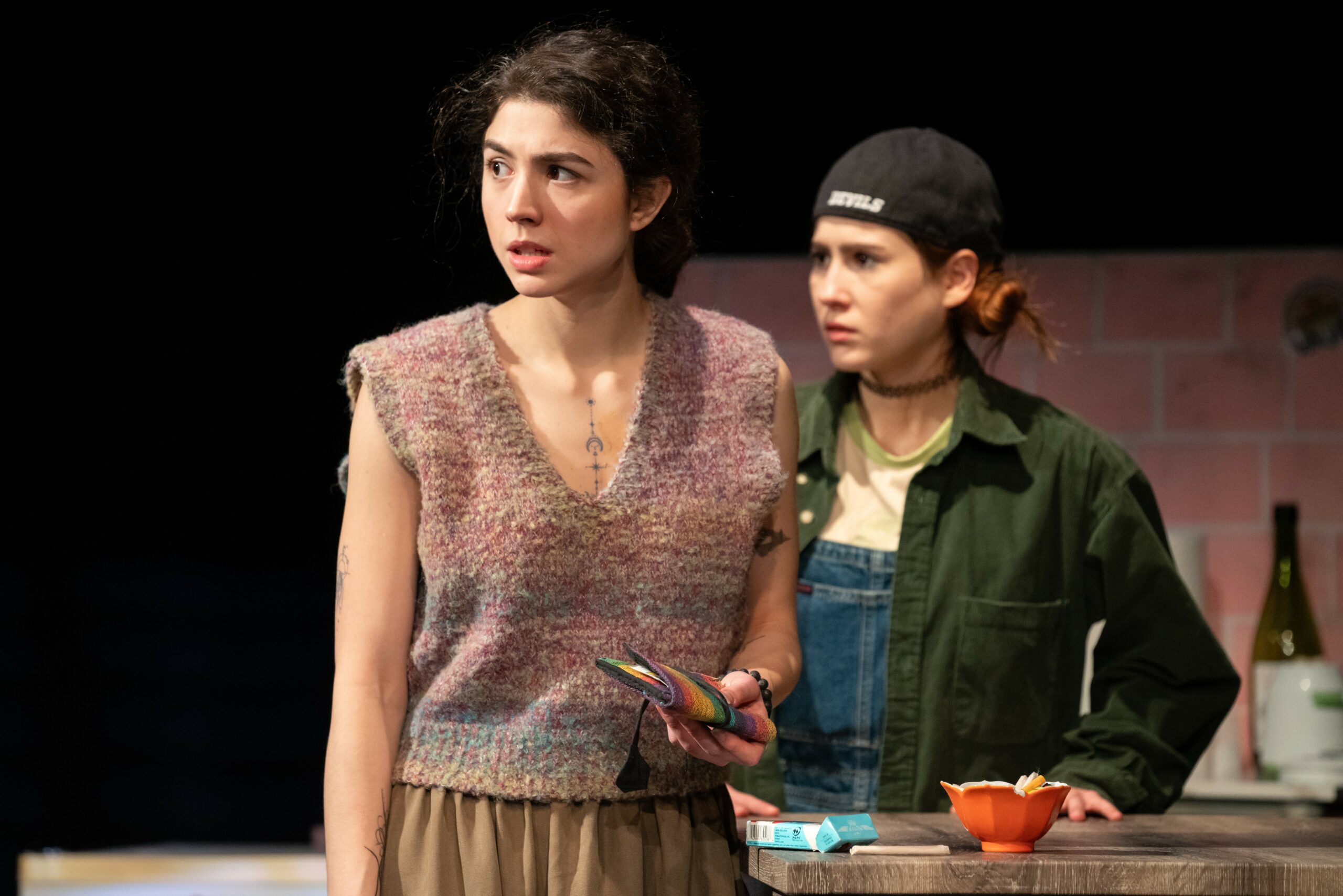
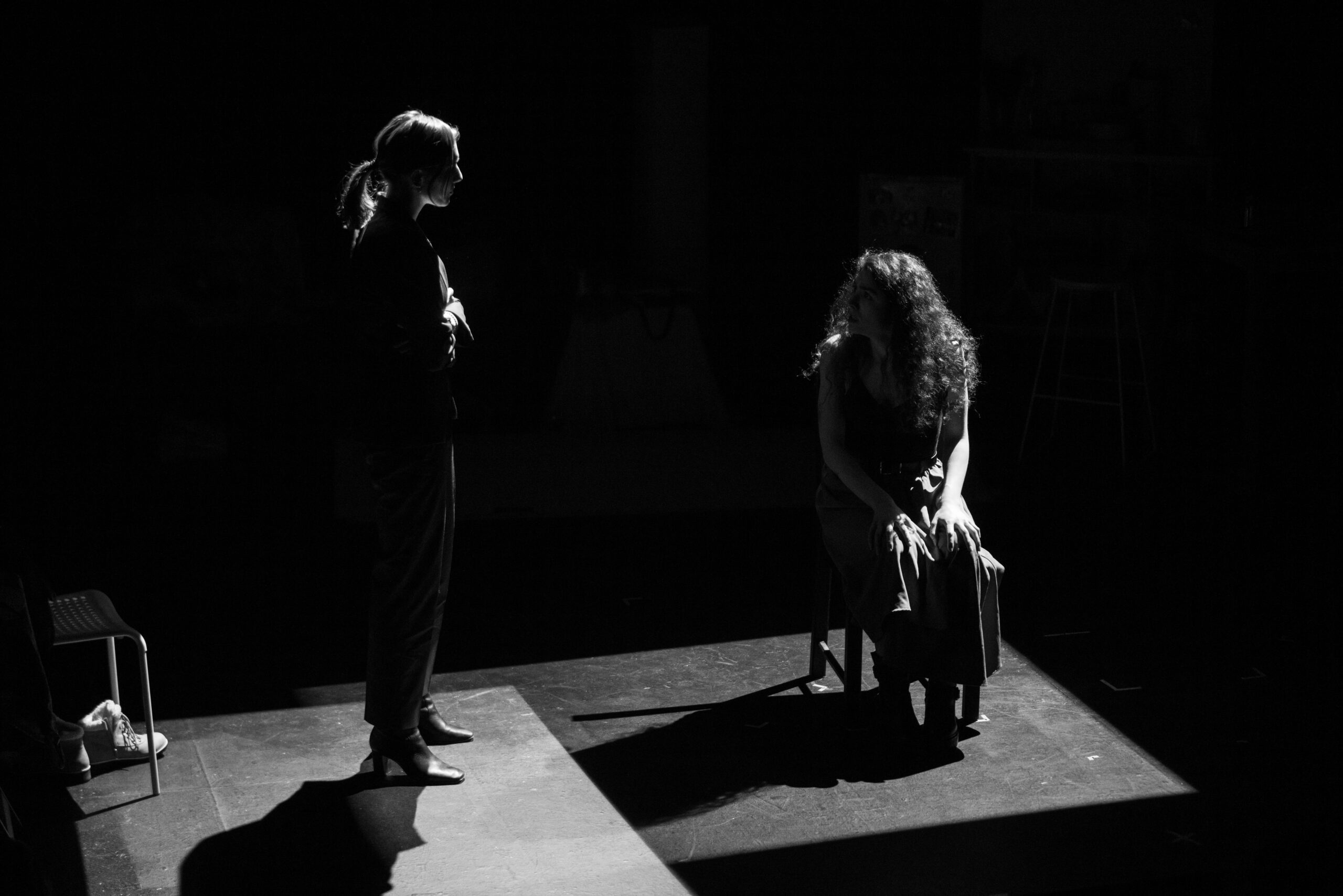
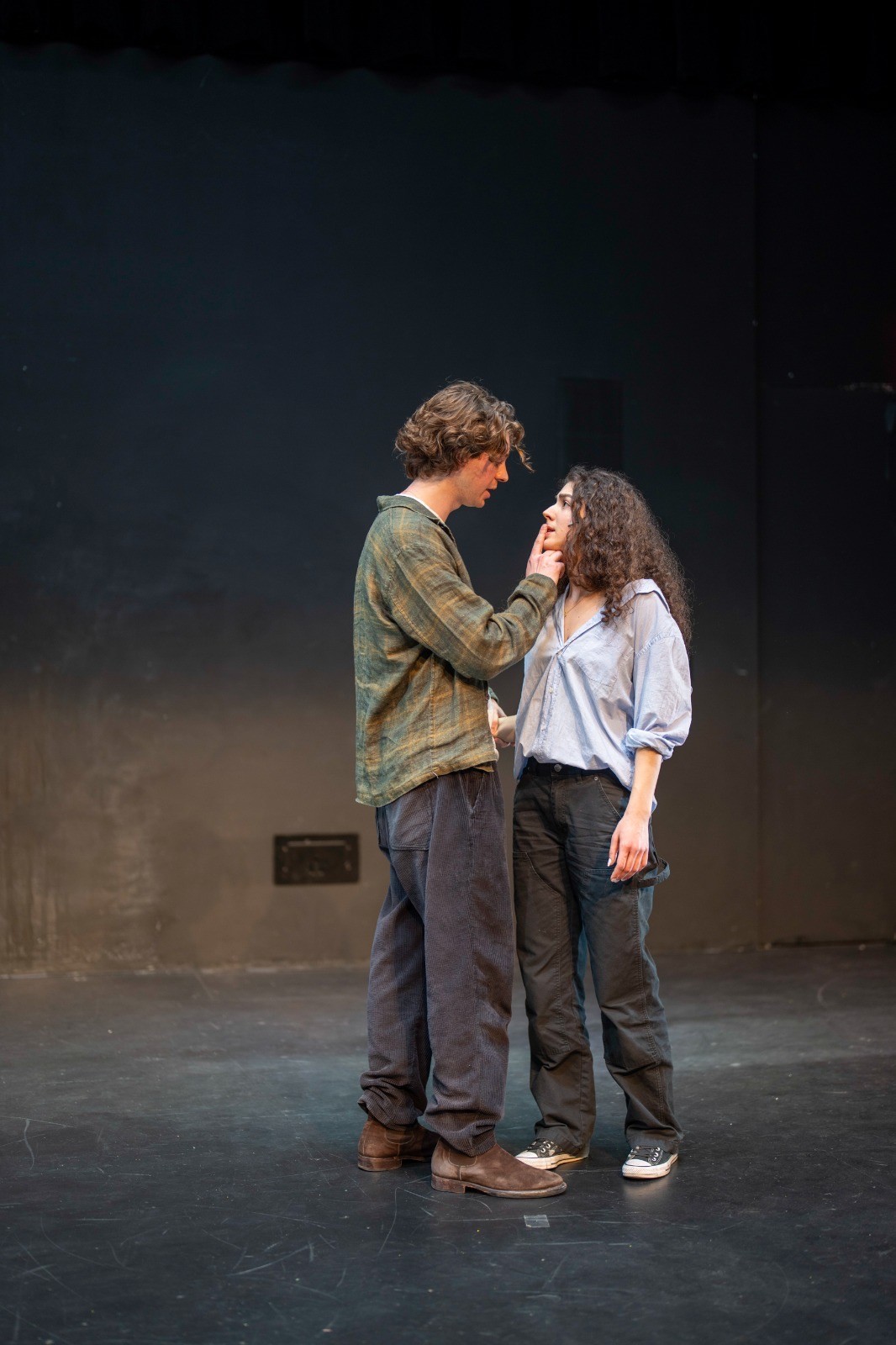
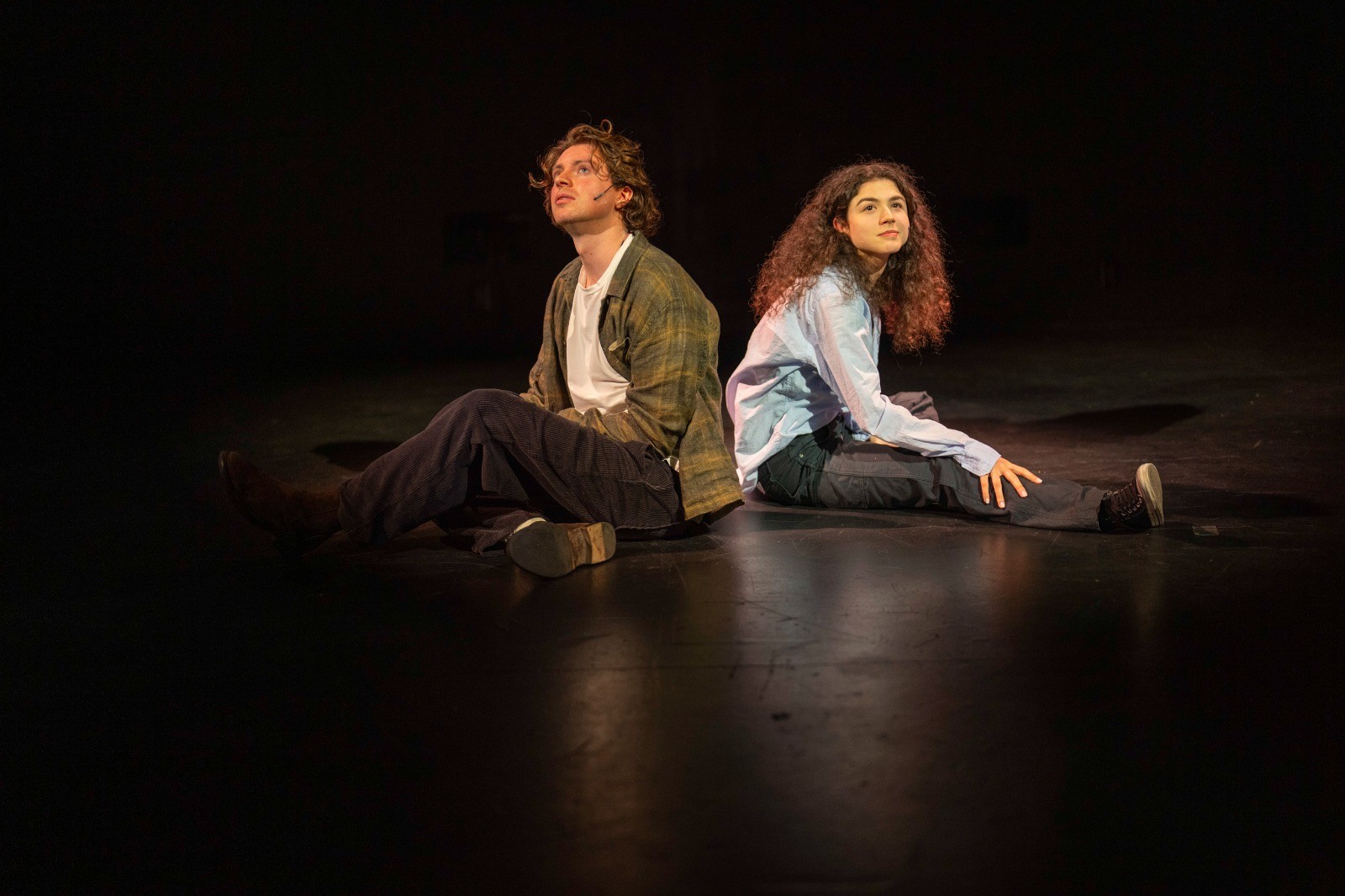
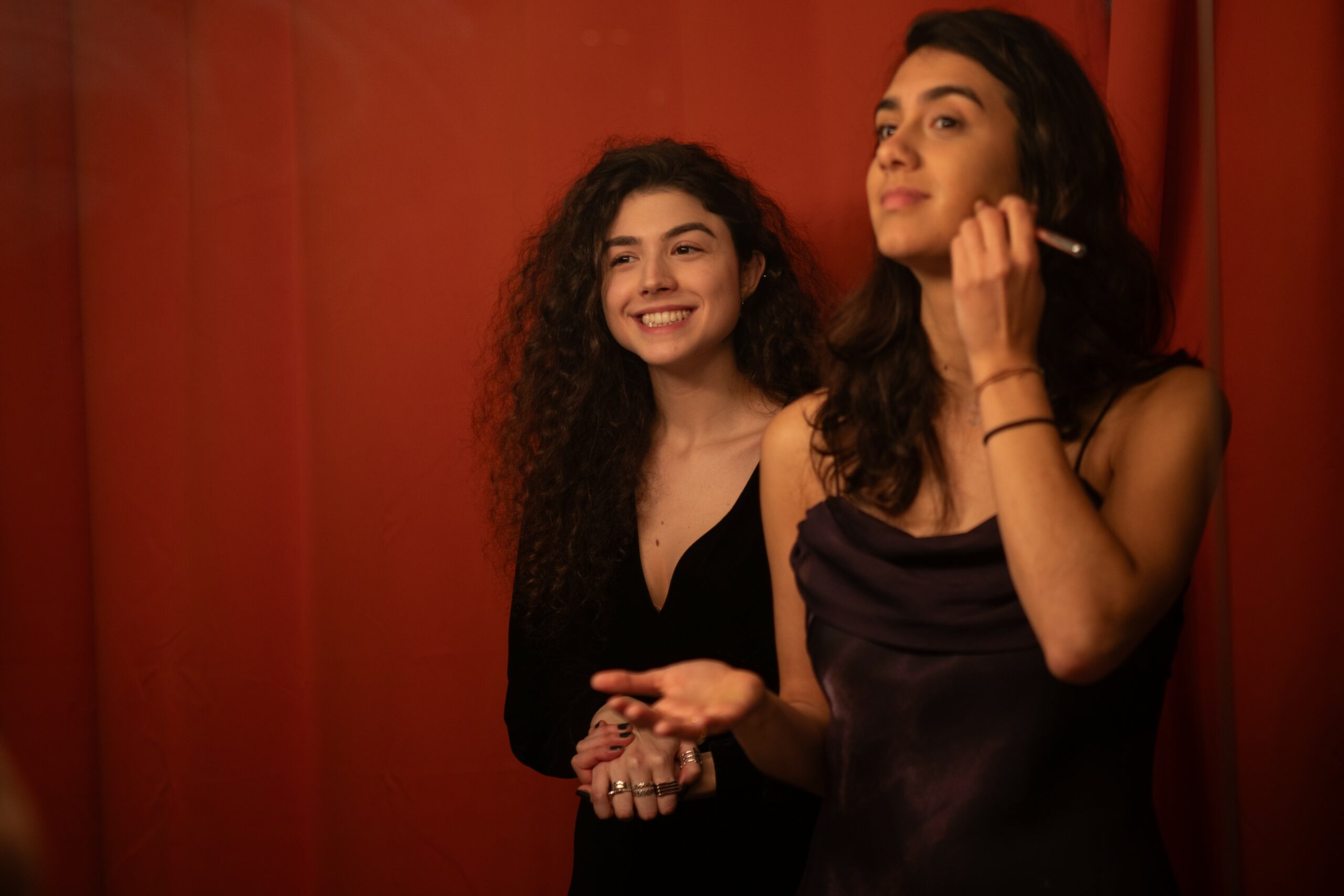
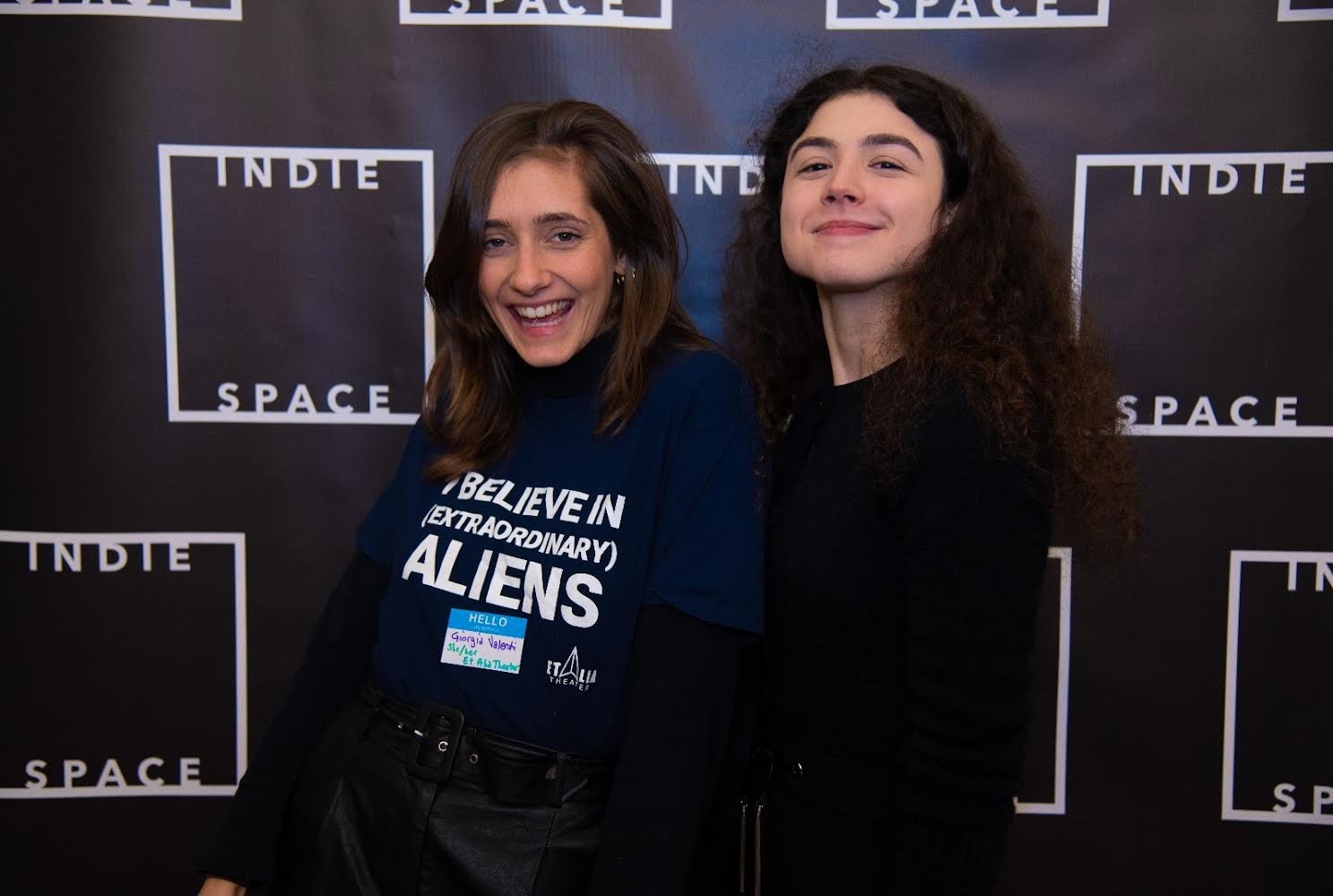
Image Credits
Alexia Haick, David Tadmor, Brandon Morris.

